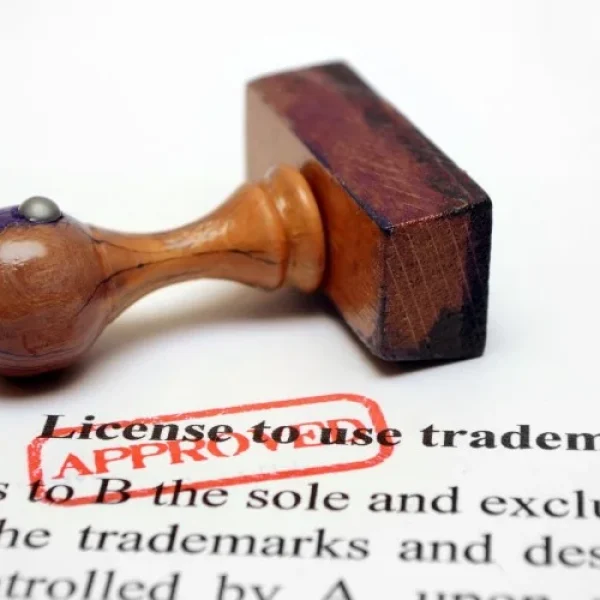Fraudulent invoices are typically sent via post or email and are unsolicited requests for payment for unnecessary services, such as the protection or publication of a newly submitted trademark. It is important to note that publication costs are due at the time of application submission, and all fees should be clearly communicated by either the IPO or the solicitor representing you.
There should never be any additional filing or publication fees. One tactic used by scammers to lend credibility to their invoices is the misuse of publicly accessible online information regarding new trademark applications.
During the registration process, trademarks are published in official journals for a period of two to three months, allowing existing trademark owners the opportunity to oppose new registrations. To facilitate informed oppositions, details such as the applicant’s name and address are also published alongside the trademark.
This information enables scammers to personalize their invoices, incorporating specific details from the trademark application to enhance the appearance of authenticity.




